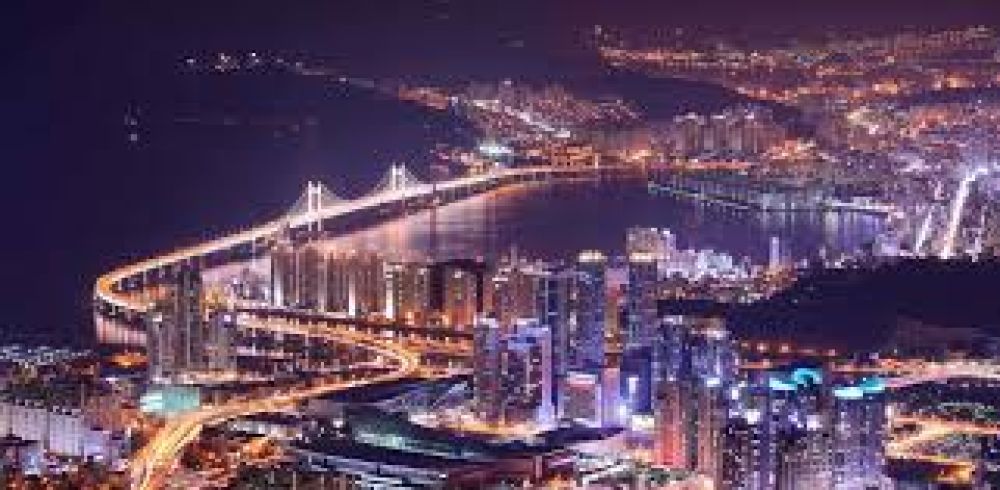

Busan, South Korea’s vibrant port city, has a rich tapestry of history and culture. Initially a small fishing village, it has transformed over the years into a bustling urban center and a hotspot for international tourists. The history of Busan's tourism can be traced back to after the Korean War when the city began embracing its potential as a tourist destination.
The true tourism potential of Busan started to take shape in the 1950s and 1960s, especially after the end of the Korean War in 1953. As the city underwent reconstruction and development, early visitors were drawn to its unique offerings, such as the Busan International Film Festival, which debuted in 1996 and quickly became a significant cultural event in Asia. This festival drew a new wave of cultural tourism to Busan, broadening its appeal beyond the region.
Entering the latter half of the 20th century, the city focused on developing its infrastructure to better accommodate an increasing number of visitors. The construction of state-of-the-art facilities like the Busan Exhibition and Convention Center (BEXCO), hotels, and the modernization of transportation, including the high-speed KTX train, greatly increased Busan’s accessibility and attractiveness as an international destination.
Busan's tourism has vastly expanded and diversified through the years. The city has successfully blended its natural wonders with urban development. The beautiful beaches, such as Haeundae and Gwangalli, became significant urban retreats. The city also built reputation by hosting various other events, including the Busan International Magic Festival and the Busan Sea Festival.
In the early 21st century, Busan began touting its medical facilities, which led to the advent of medical tourism. The city's high-quality services combined with the scenic environment made it a favorable destination for those seeking medical and wellness treatments while enjoying a holiday experience.
Today, Busan is riding the wave of the Hallyu phenomenon, with the popularity of K-Pop and Korean dramas contributing to an influx of pop culture enthusiasts. Thematic tours around film and drama locations have become particularly popular. Furthermore, eco-tourism is on the rise, with the Geumjeongsan Mountain and the Nakdong River Estuary drawing nature lovers from across the globe.
Despite the challenges posed by global events such as the COVID-19 pandemic, Busan continues to innovate in the realm of tourism. There is an increasing emphasis on sustainable and responsible travel, as well as fostering unique experiences like temple stays and local gastronomy tours that help tourists connect more deeply with the local culture and environment.
Busan’s rich history and cultural legacy, combined with its natural beauty and modern amenities, continue to secure its place as one of South Korea’s top tourist destinations. It is a city that has artfully navigated the ebb and flow of tourism trends, catering to both history aficionados and modern travelers alike.